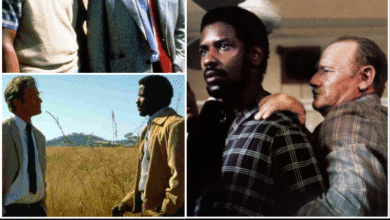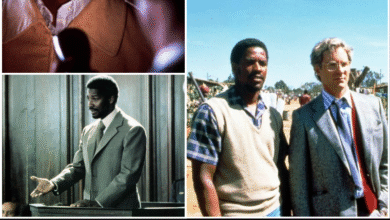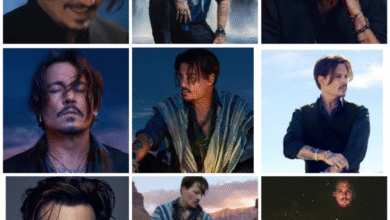The Movie Twist That Left Bruce Willis Stunned—And He Was In the Movie!
OPINION: This article may contain commentary which reflects the author's opinion.
Bruce Willis, the screen icon known for his indelible portrayal of John McClane in the Die Hard franchise, has long been associated with action-packed roles that became a hallmark of his career. However, beneath the surface of explosive thrillers, Willis is also a gifted dramatic actor, capable of delivering complex and emotional performances that have left an enduring impact on cinema. As the actor navigates his retirement due to a diagnosis of aphasia and frontotemporal dementia, it’s an apt time to reflect on the moments that made Willis a legend—none more striking than his reaction to the ending of The Sixth Sense.
While many of Willis’ roles are beloved, including those in Pulp Fiction and 12 Monkeys, it was his turn as Malcolm Crowe, a child psychologist in M. Night Shyamalan’s psychological thriller The Sixth Sense, that cemented his dramatic range. The film, released in 1999, quickly became iconic for its twist ending—a moment that not only stunned audiences but also took Willis by complete surprise, despite his starring role.
In a Making Of documentary, Willis revealed that when he agreed to take on the role, he did so with little information about the film’s ultimate outcome. “I agreed to do it very quickly,” he admitted. “I was as surprised by the ending in the script, I think, as the audience was in the theatre. I was completely unprepared for that ending.”
The twist—where Willis’ character, Malcolm Crowe, is revealed to be dead—became one of cinema’s greatest shocks. For an actor known for his on-screen bravado, this revelation would prove a turning point, not just for the film, but for Willis’ career as well. His seamless portrayal of Crowe, who is unaware of his own death throughout the movie, required him to deliver a performance that didn’t give anything away to the audience, a challenge he rose to with great skill.
“I had to forget about it and act as if I weren’t,” Willis explained about the process. “I never really thought about acting as a ghost.” This approach not only highlighted his ability to maintain the mystery of the film but also revealed his depth as an actor, further distancing him from the one-dimensional action roles that often define his career.
The Sixth Sense was a breakthrough film for both Willis and Shyamalan, with the latter’s direction and script capturing audiences’ imaginations. Willis’ role as Crowe helped elevate the story, adding layers of emotional depth that resonated with viewers long after the twist was revealed. As the film delved into themes of mortality, regret, and acceptance of death, it became clear that Willis’ performance was more than just a plot device—it was a deeply emotional journey that reflected universal human experiences.
Looking back on the film, Willis praised Shyamalan’s work and the movie’s ability to connect with audiences on an existential level. “It resonated with audiences’ beliefs about mortality and the acceptance of death as unavoidable,” he noted. This insight not only shows Willis’ recognition of the film’s power but also highlights his understanding of his role as a conduit for these profound themes.
As Willis continues to step away from the spotlight, The Sixth Sense remains one of his most unforgettable performances—an enduring testament to his versatility as an actor. His shock at the film’s twist, a moment that mirrored the audience’s own disbelief, proves that even the most seasoned actors can still be caught off guard by the power of storytelling. And for those who remember the unforgettable moment when the film’s twist was revealed, it’s clear that Willis’ emotional depth and ability to surprise will continue to be his lasting legacy in cinema.



